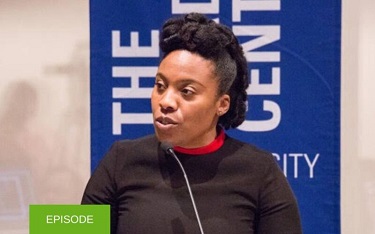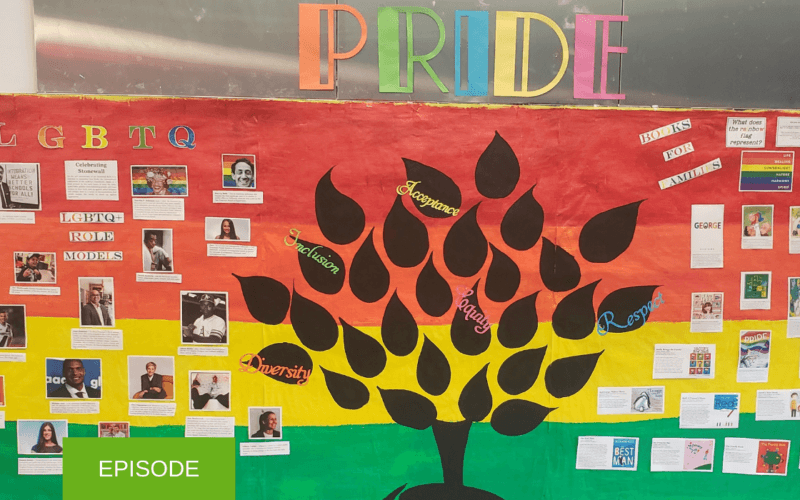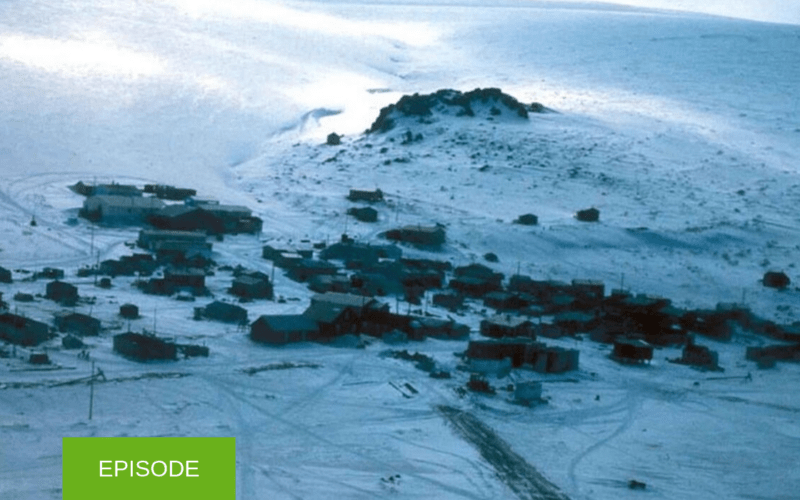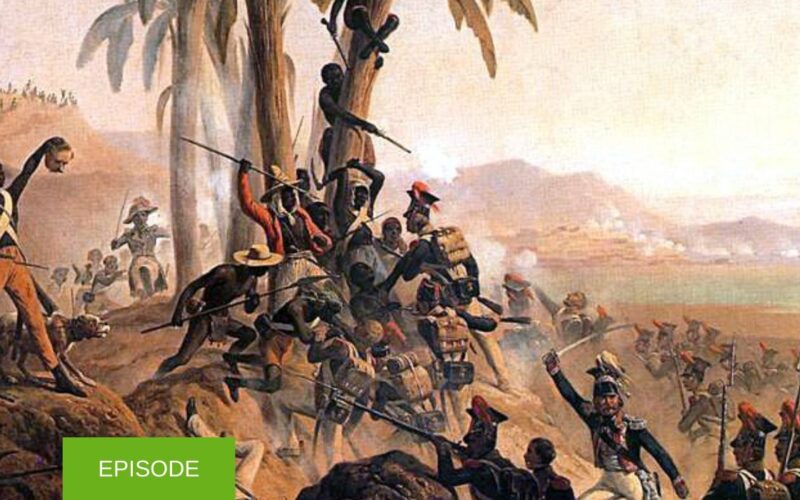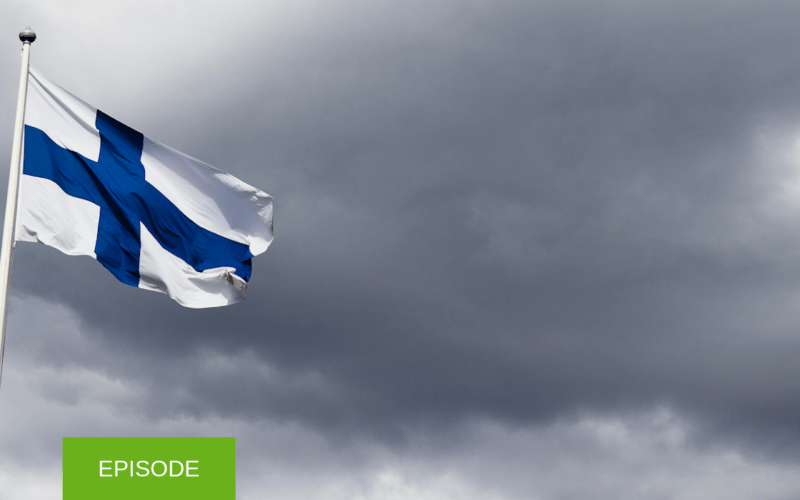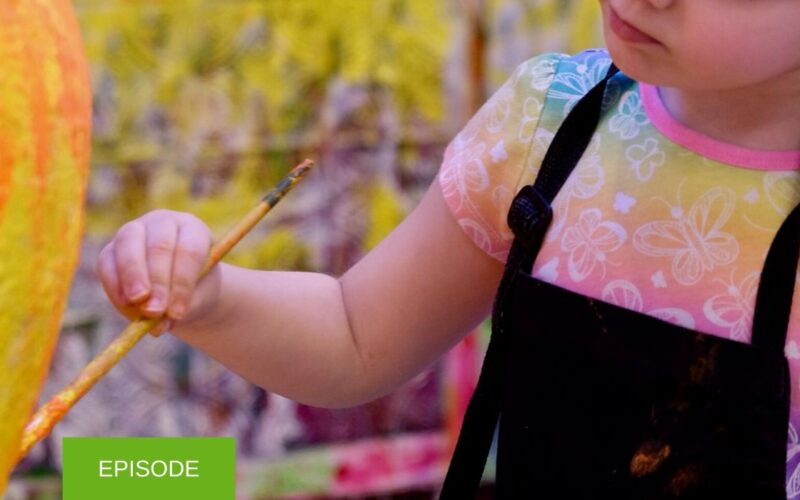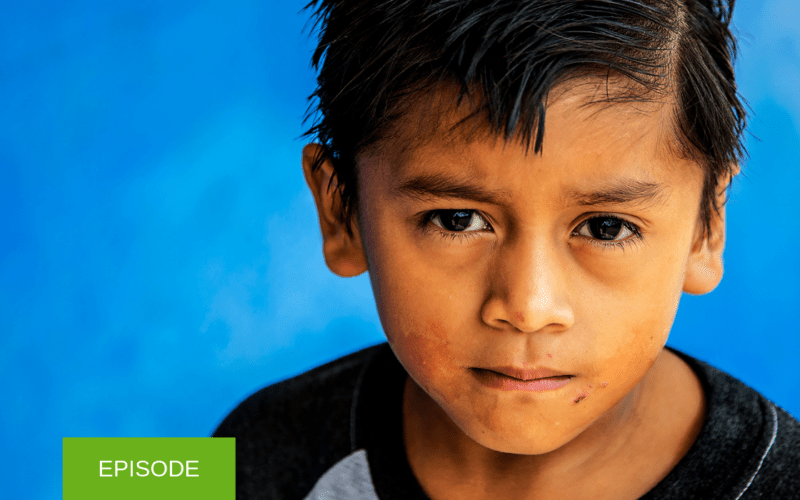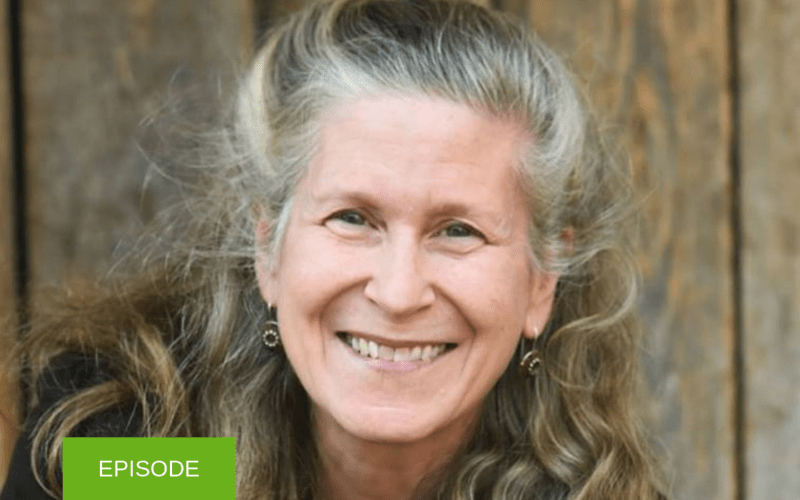Black and Latinx students, institutional racism, and the carceral continuum
Dr. Carla Shedd, associate professor of sociology and urban education at The Graduate Center, CUNY, studies the interactions with institutions of low-income Black and Latinx students and how institutional racism impacts children from even before birth. Children who attend integrated schools have sharper awareness of inequities than their counterparts in segregated schools and communities. The “carceral continuum” is more comprehensive than the “school to prison pipeline” and comprises all encounters with institutions. Carla also talks about professionals’ ethical responsibilities and responses and how to create safe spaces.
Read More
